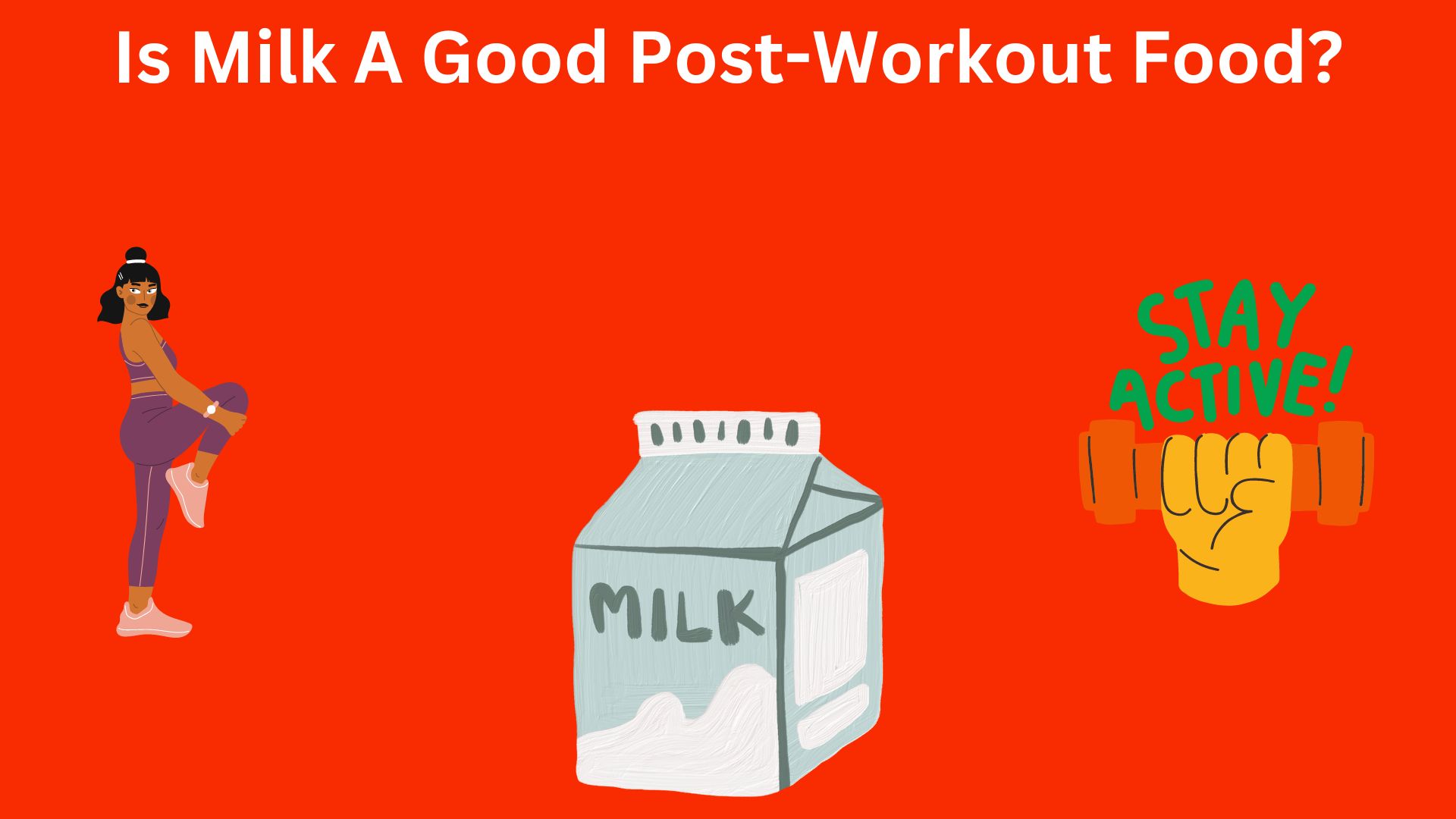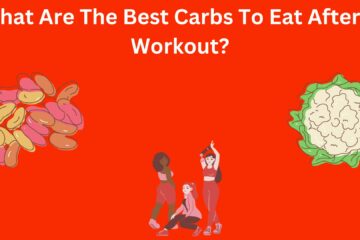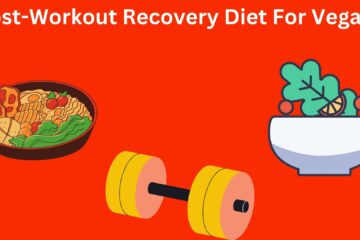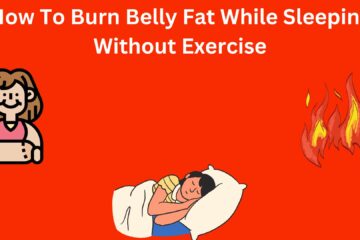Hello and welcome to our blog post on “Is milk a suitable post-workout food?” When it comes to recharging and recovering after an exercise, this is a common topic, and it’s vital to evaluate what kinds of meals and drinks can best support your fitness goals.
Milk has long been regarded as a mainstay in many people’s diets, and it is frequently cited as a source of key nutrients such as protein, calcium, and vitamins D and B12. Is it, however, a good choice for post-workout recovery?
We’ll look at the research behind milk and its potential benefits as a post-workout food in this blog. We’ll also look at some of the potential disadvantages and decide whether milk is the best option for everyone. By the end of this article, you should have a better idea of whether milk is a good choice for your post-workout regimen.
Science Behind Milk As A Post Workout Food
Milk is a popular post-workout food because of its high protein and carbohydrate content, which can aid in muscle regeneration and replenish glycogen stores drained during exercise. Milk is also high in electrolytes, such as sodium and potassium, which can help replace those lost via sweating. Milk also contains elements that may aid with recuperation, such as calcium, vitamin D, and B vitamins.
Protein plays an important part in muscle repair and growth in the body. Muscle fibers are destroyed after an exercise and must be restored for the muscles to adapt and grow stronger. Protein is a necessary component of this process since it offers the building blocks for muscle regeneration. With around 8 grams of protein per cup, milk is a practical and easily available source of high-quality protein.
Carbohydrates are also essential for post-workout recovery because they restore glycogen stores depleted during activity. Glycogen is the major source of energy for muscular activation, and muscle fatigue can occur when glycogen levels are low. Lactose, a carbohydrate found in milk, can assist replace glycogen levels and aid in recuperation.
Milk contains electrolytes, which are vital for maintaining adequate fluid balance in the body and are required for muscular activity, in addition to protein and carbohydrates. Electrolytes are lost through sweat during exercise, and it is critical to restoring them to avoid dehydration and enhance muscle recovery. Milk contains electrolytes, mainly sodium and potassium, which can assist to replenish those lost via sweating.
Overall, milk is a fantastic post-workout diet because of its protein, carbohydrate, and electrolyte content, which can help with muscle repair, glycogen replenishment, and hydration. However, for tailored nutrition recommendations, it is critical to consider individual needs and preferences and to consult with a healthcare expert or a certified dietitian.
5 Benefits Of Milk As Post-Workout Food
1. Protein
Milk contains about 8 grams of protein per cup, making it a good source of protein. Protein is required for muscle repair and growth, and eating adequate protein after working out can aid in recovery and adaptation.
2. Carbohydrates
Lactose, a carbohydrate found in milk, can assist replace glycogen levels drained during exercise. Glycogen is the major source of energy for muscular activation, and muscle fatigue can occur when glycogen levels are low.
3. Electrolytes
Milk is high in electrolytes, especially sodium and potassium, which can help replace those lost via sweating. Electrolytes are necessary for muscular function and for maintaining proper fluid balance in the body.
4. Calcium and Vitamin D
Milk contains calcium and vitamin D, both of which are vital for bone health. Athletes may be at a higher risk of bone fractures due to the mechanical demands of exercise, therefore getting enough of these nutrients may be especially crucial.
5. Convenience
Milk is a simple and easily accessible source of nutrients that can aid in post-workout recovery. It’s widely available and simple to add to several post-workout snacks and meals.
5 Risks Of Using Milk As Post-Workout Food
1. Lactose intolerance
Some people are unable to digest lactose, a sugar present in milk, which can cause bloating, gas, and diarrhea. Milk may not be an appropriate post-workout snack for certain people.
2. Allergies
Some people are allergic to milk or milk proteins, which can cause hives, rash, or difficulty breathing. Milk should be avoided by these people.
3. High in calories
Milk contains a lot of calories, and eating too many of them might lead to weight gain. When including milk in a post-workout snack, it is critical to pay attention to portion sizes and the calorie level of milk.
4. High in saturated fat
Some forms of milk, such as whole milk, are high in saturated fat, which, if consumed in excess, can increase the risk of heart disease. Choosing low-fat or fat-free milk can help minimize your intake of saturated fat.
5. Hormones and antibiotics
Some individuals may be concerned about the use of hormones and antibiotics in milk production. While the use of these compounds is regulated by the government and is generally regarded as safe, those who are concerned about this problem may select organic or hormone-free milk.
Frequently Asked Questions On Milk Being A Good Post-Workout Food
Yes, milk is a terrific protein source for post-workout recovery. Protein is required for muscle repair and recovery following exercise, and milk is a practical and easy-to-access source of high-quality protein. One cup of milk includes around 8 grams of protein, which can aid in muscle rehabilitation and growth. Milk also contains other nutrients that can help with recovery, such as carbs, which can help replenish glycogen stores depleted after exercise, and electrolytes, which can help replace those lost through sweat.
Yes, milk can assist replace electrolytes that are lost during exercise. Electrolytes, such as sodium, potassium, and calcium, are required for muscular activity and for maintaining adequate fluid balance in the body. Electrolytes are lost through sweat during exercise, and it is critical to restoring them to avoid dehydration and enhance muscle recovery. Milk contains electrolytes, mainly sodium and potassium, which can assist to replenish those lost via sweating. Milk includes fluid, which can aid to rehydrate the body after exercise in addition to electrolytes.
Yes, milk can be a healthy post-workout hydration option. Milk includes fluid, which can aid to rehydrate the body after exercise in addition to electrolytes. Milk has been proven in studies to be an effective hydration beverage, especially when compared to water alone. Athletes who drank milk after exercise had improved hydration status and reported less thirst than those who drank water, according to one study. It is important to remember, however, that while milk can be a healthy source of hydration, it is not always the ideal option for everyone. Some people may not tolerate milk well due to lactose sensitivity or other dietary limitations, in which case water, sports drinks, or electrolyte-rich fluids may be preferable.
Milk may help minimize muscle discomfort after a workout, according to some studies. DOMS is a frequent condition that can occur after strenuous or unfamiliar exercise and is characterized by muscle stiffness, pain, and edema. Milk’s protein, carbohydrate, and electrolyte levels may assist to minimize DOMS by boosting muscle repair and recovery, according to research. Furthermore, milk includes anti-inflammatory substances such as calcium and vitamin D, which may aid to alleviate muscular soreness.
Milk is a fantastic choice for post-workout snacks, especially if you want a handy supply of protein and other nutrients that can help with recuperation. It is crucial to remember, however, that milk is not the sole option, and other protein sources may be better acceptable for some people. Due to dietary choices or sensitivities, some people may prefer a plant-based protein source, such as tofu, beans, or nuts. It’s also vital to think about your overall diet and make sure you’re getting a well-balanced mix of nutrients to help with healing and overall health. To find the best post-workout snack options for your specific requirements and goals, consult with a healthcare provider or a certified dietitian.
Conclusion
To summarize, while milk can be a decent post-workout food for some people, it is not the ideal option for everyone.
On the plus side, milk is high in protein, which is essential for repairing and rebuilding muscle tissue after exercise. It also contains key nutrients such as calcium, vitamin D, and vitamin B12, all of which can help with overall health and well-being.
However, milk is not a complete protein source, which means it lacks all of the important amino acids that our bodies require. It’s also high in lactose, a type of sugar that can cause digestive problems in some people, particularly lactose-intolerant people.
Furthermore, some evidence suggests that milk may not be as helpful as other forms of protein sources, such as whey or casein, in supporting muscle rehabilitation and growth.
Finally, the optimum post-workout food will be determined by an individual’s personal needs and goals. If you’re thinking about including milk in your post-workout regimen, you should examine your unique lactose tolerance as well as the potential benefits and risks. If you have any concerns or questions regarding including milk in your post-workout regimen, speak with a healthcare provider or a qualified nutritionist.



